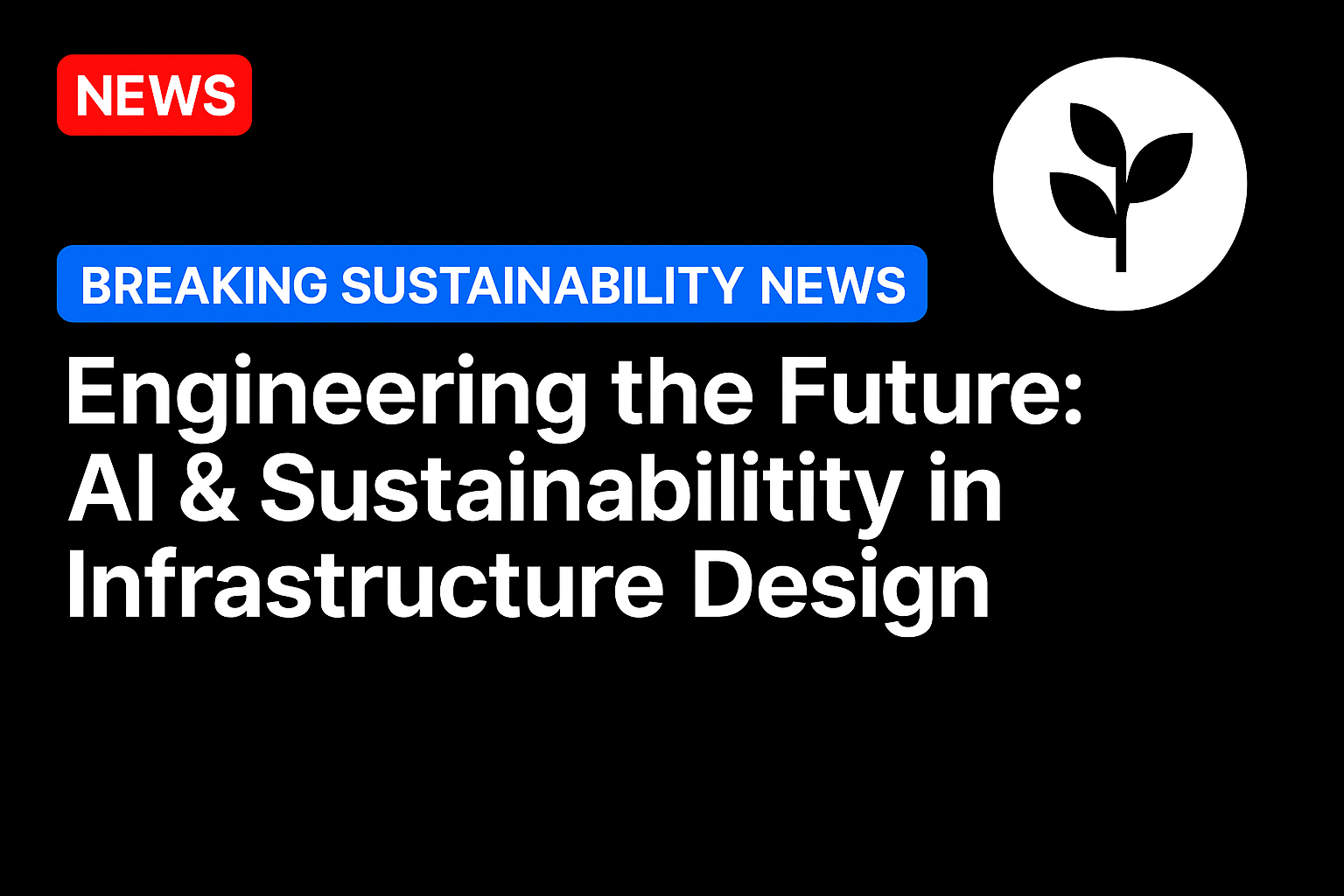University of Auckland researchers are pioneering the use of artificial intelligence (AI) to shape sustainable infrastructure design. Their work aims to future-proof built environments by aligning environmental, economic, and social needs through intelligent engineering.
🤖 AI-Driven Design for Smarter Infrastructure
The research focuses on integrating AI into engineering processes, enabling the simulation of various design options and performance outcomes. By marrying sustainability with machine learning, the team is helping engineers rapidly test and refine infrastructure plans, optimizing for energy efficiency, material reduction, carbon minimization, and community impact.
Key Benefits of the Approach
- Iterative Optimization: AI accelerates the evaluation of thousands of design alternatives, predicting ecological footprints, resilience factors, and lifecycle costs.
- Data-Informed Decisions: By assessing variables like flood risk and materials sourcing, the method supports more resilient and responsive infrastructure planning.
- Sustainable Collaboration: The tools foster cooperation among engineers, architects, planners, and communities—ensuring designs are ecologically sound and socially inclusive.
Broader Context & Future Plans
This innovative work joins a global trend of using AI to tackle major infrastructure challenges—ranging from climate change adaptation to circular construction practices. The University of Auckland team is now applying their framework to real projects across New Zealand, including urban development, transport networks, and energy systems, and exploring partnerships to expand its reach internationally.
In sum: By embedding AI into infrastructure design, these researchers are redefining engineering workflows—offering faster, smarter, and greener sustainability plans that meet both current needs and future challenges.





